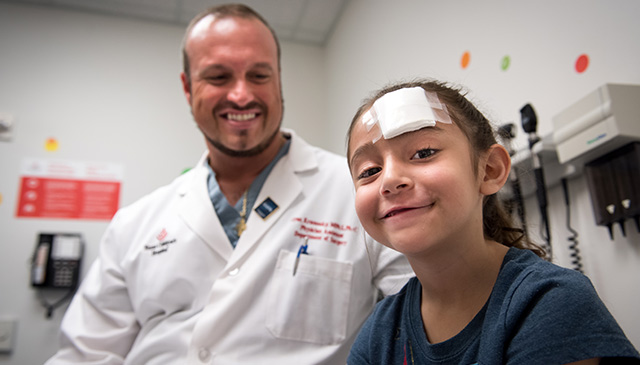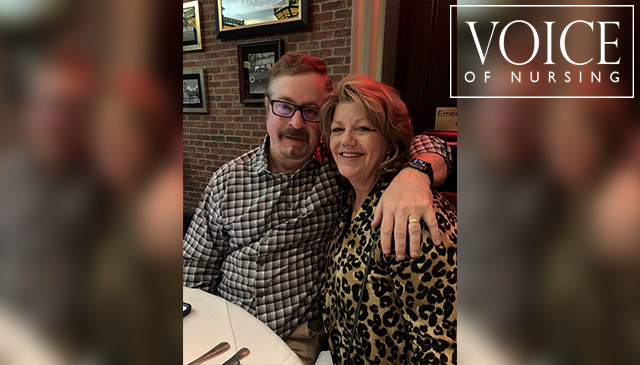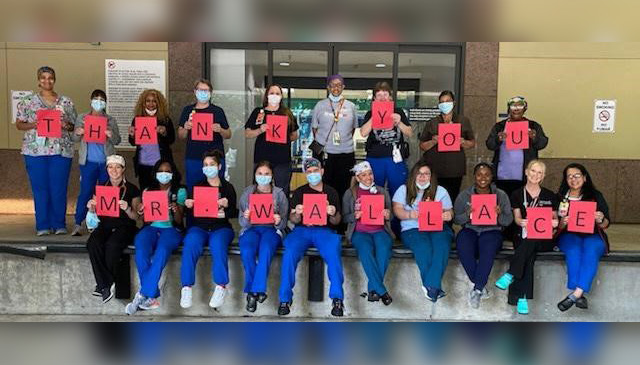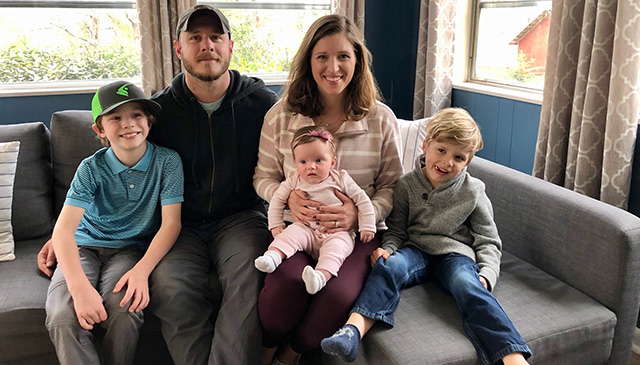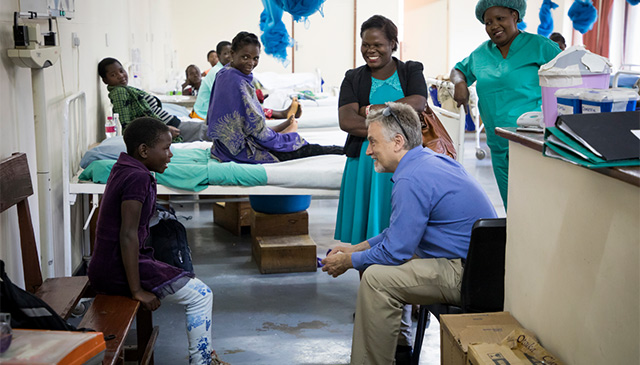
Editor’s note: This article was prepared by Dr. Jeffrey Wilkinson, director of the Global Women’s Health Program at Texas Children’s. Based full-time in Malawi, he is also vice-chairman for Global Women’s Health and professor, Obstetrics & Gynecology, at Baylor College of Medicine.
With generous philanthropic support, Texas Children’s has partnered with the International Federation of Gynecology and Obstetrics (FIGO) to help provide life-altering surgery to the millions of women worldwide who suffer with obstetric fistula.
Obstetric fistula occurs when obstructed labor is not relieved by a timely cesarean delivery. The woman is left with a hole between the vagina and bladder or rectum, and leaks urine and/or stool constantly. Most often, the baby also dies during the delivery. Surgery is the only cure, and is often complex and requires extensive training.
The condition rarely occurs in high-income settings, but is commonly encountered as a result of delays and lack of health systems capacity in very low-income settings. One such country is Malawi, where Texas Children’s and Baylor College of Medicine have a vibrant program in child, maternal and neonatal health that includes obstetric fistula.
Texas Children’s Global Women’s Health doctors and FIGO have been working together for many years, but in the last two years Texas Children’s has been providing support for the ground-breaking FIGO Fistula Surgery Training Initiative or “Fistula Fellowship.” The initiative has trained 66 fistula surgeons in 22 countries, mostly in sub-Saharan Africa. More than 13,000 fistula repairs have been performed by FIGO-trained fellows, and Texas Children’s doctors are amongst the trainers in this initiative.
It is a great privilege to be involved with such a productive global program that fights for women and girls with obstetric fistula to get the care they need.
“The FIGO Fistula Surgery Training Initiative is just one part of the many ways that Texas Children’s contributes to the lives of women and their babies in low-resource settings,” said Dr. Michael Belfort, Texas Children’s OB/GYN-in-Chief. “We are thrilled to be part of this program.”
Since the COVID-19 pandemic has waned somewhat, our partners in Malawi at the Freedom from Fistula Foundation program have renewed efforts to repair the backlog of women who are suffering with this condition. The team there uses guidelines and training materials from FIGO to teach physicians and mid-level providers how to properly evaluate and surgically repair women with obstetric fistula and work towards better outcomes.
Texas Children’s is committed to helping end this terrible condition by working with partners globally to prevent it in the first place, and treat it once it occurs. Our prevention efforts are concentrated on teaching and providing safe delivery to women in Malawi and other settings. By partnering with FIGO, we have expanded our efforts to reach multiple countries and countless women with obstetric fistula. One day, obstetric fistula will be relegated to the history books and Texas Children’s will have played a significant role.
To learn more about Texas Children’s Global Women’s Health Program and our efforts to end obstetric fistula, click here.
We also recently co-hosted a Twitter Chat with FIGO in recognition of the International Day to End Obstetric Fistula. Read what our partners and leading fistula experts had to say here.


